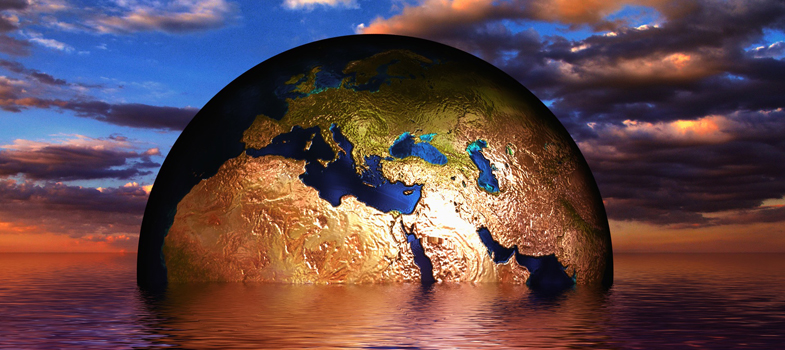3.2 The role of the media
With mass media (television and newspapers) being the primary sources of scientific and related information for most people in developed nations, it has become clear that the media's coverage of climate change issues is of key importance. Prior to 1988, media coverage of climate change tended to be sparse, but this was the year the IPCC was formed and when NASA scientist James Hansen testified to the US Congress that he was ‘99 percent certain’ that warmer temperatures were caused by the burning of fossil fuels and not solely a result of natural variation, and that ‘it is time to stop waffling so much and say that the evidence is pretty strong that the greenhouse effect is here’.
A second increase in coverage occurred in 2006, mainly due to four events:
the release of Al Gore's film An Inconvenient Truth
Richard Branson's ‘donation’ of $3 billion for renewable energy initiatives and biofuel research
the release of the Stern Review
the COP12 meeting in Nairobi which was linked to articles on public sentiment regarding climate policy action, such as the ‘Stop Climate Chaos’ rally in London's Trafalgar Square.
Of course, the quantity of coverage is not the only factor: the quality in terms of accuracy and balance will determine the information people actually obtain from the media. For example, few journalists are scientifically trained, and while scientific results are stated in terms of probabilities and levels of uncertainty, such as those derived from statistical analysis of data, media stories tend to be written as absolute statements. Thus, single scientific reports can be given excessive importance or the statistical uncertainty inherent in hypothesis testing taken to mean a well-supported result is in doubt. This latter effect has allowed climate change sceptics to sow seeds of doubt via the media, generally without the support of genuine evidence for their arguments. While there has been scientific near-consensus on the causes of climate change, the mass media has often given equal coverage to sceptics without mentioning that their claims are marginalised within the global climate science community. Also, given journalistic preferences for dramatisation and novelty, it can be difficult to maintain coverage of the underlying causes and long-term consequences of climate change. Outside the developed world, although adaptation should be of primary interest due to the likely impacts of climate change, it still tends to be given very limited media coverage due to a lack of journalistic knowledge and access to information, insufficient financial resources for expansion into ‘green’ reporting and a tendency to cover crime and violence because these issues are perceived to sell well.
3 Climate change: perceptions and behaviour
